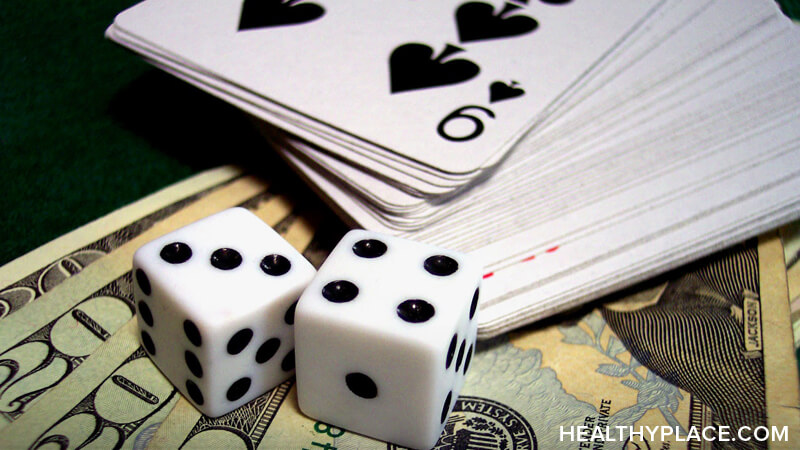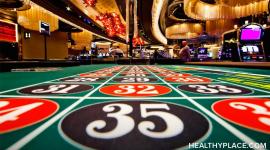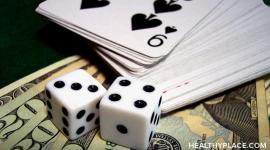Psychology of Gambling: Why Do People Gamble?

Most gamblers lose. So why do people bet their hard-earned money? Find out a bit about the psychology of gambling, why people bet money and the reasons for gambling.
Psychology of Gambling: Reasons for Gambling
Ok, so we all understand that gambling offers you the chance of winning money or prizes, but have you considered some of the other reasons for gambling? A look into the psychology of gambling offers insight into that question.
Risk Taking
One of the reasons for gambling is that it's human nature to feel excited when taking risks and the positive feeling gained from gambling is no different. "Will my numbers come up?" "Will my team win?" The sense of anticipation creates a natural high, an adrenalin rush, a feeling that very many of us seek when looking for fun and entertainment. A feeling that some people believe they cannot live without.
Escapism
The gambling environment can provide an escape from everyday life. Whether it be the glitzy casino environment, a loud and exciting amusement arcade or even an online betting company, for the time that we are taking part we can be surrounded by different people, different sounds and emotions, all of which stimulate and arouse our senses.
Glamorous
The media and advertising agencies understand the psychology of gambling and often portray a stylish, sexy, fashionable image of gambling. In film and TV, we see characters enjoying a night at the casino or an afternoon at the races. There is often a suggestion of 'high society' and attending at 'a place to be seen'.
Social
Gambling is accepted as part of this country's culture and as such is widely participated in (with varying frequency) by the majority of the population. Some young people are introduced to gambling by learning to play card games with their parents at home, maybe we go the bingo with friends on a Friday night or meet after school at the amusement arcade.
A Common Misperception
The above reasons for gambling all tie into this: most people think about gambling as a low-risk, high-yield proposition. In reality, it's the opposite: a high-risk, low-yield situation. The odds always favor the house. Despite that, the thought and excitement of hitting a casino jackpot are often too alluring - regardless of its probability.
Sources:
- Illinois Institute for Addiction Recovery
APA Reference
Gluck, S.
(2021, December 15). Psychology of Gambling: Why Do People Gamble?, HealthyPlace. Retrieved
on 2026, March 3 from https://www.healthyplace.com/addictions/gambling-addiction/psychology-of-gambling-reasons-for-gambling



